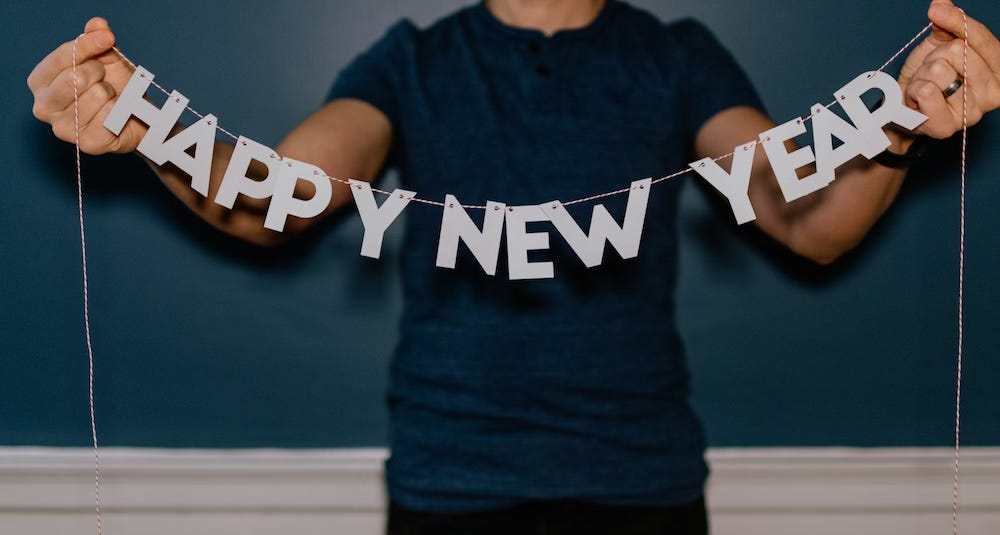
The granular measurement of time is a human invention, so it’s hardly surprising that we assign so much importance to the units we count it by. We ha…
Keep reading with a 7-day free trial
Subscribe to The truth about everything* to keep reading this post and get 7 days of free access to the full post archives.




